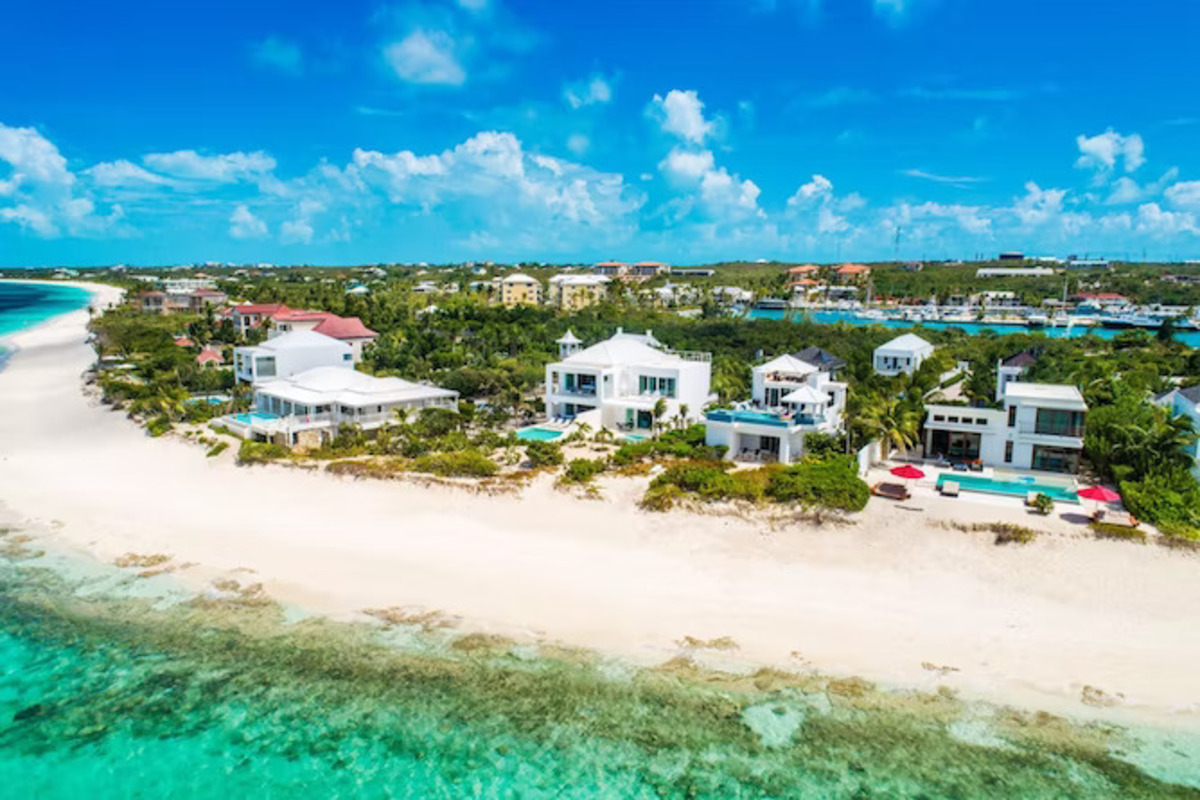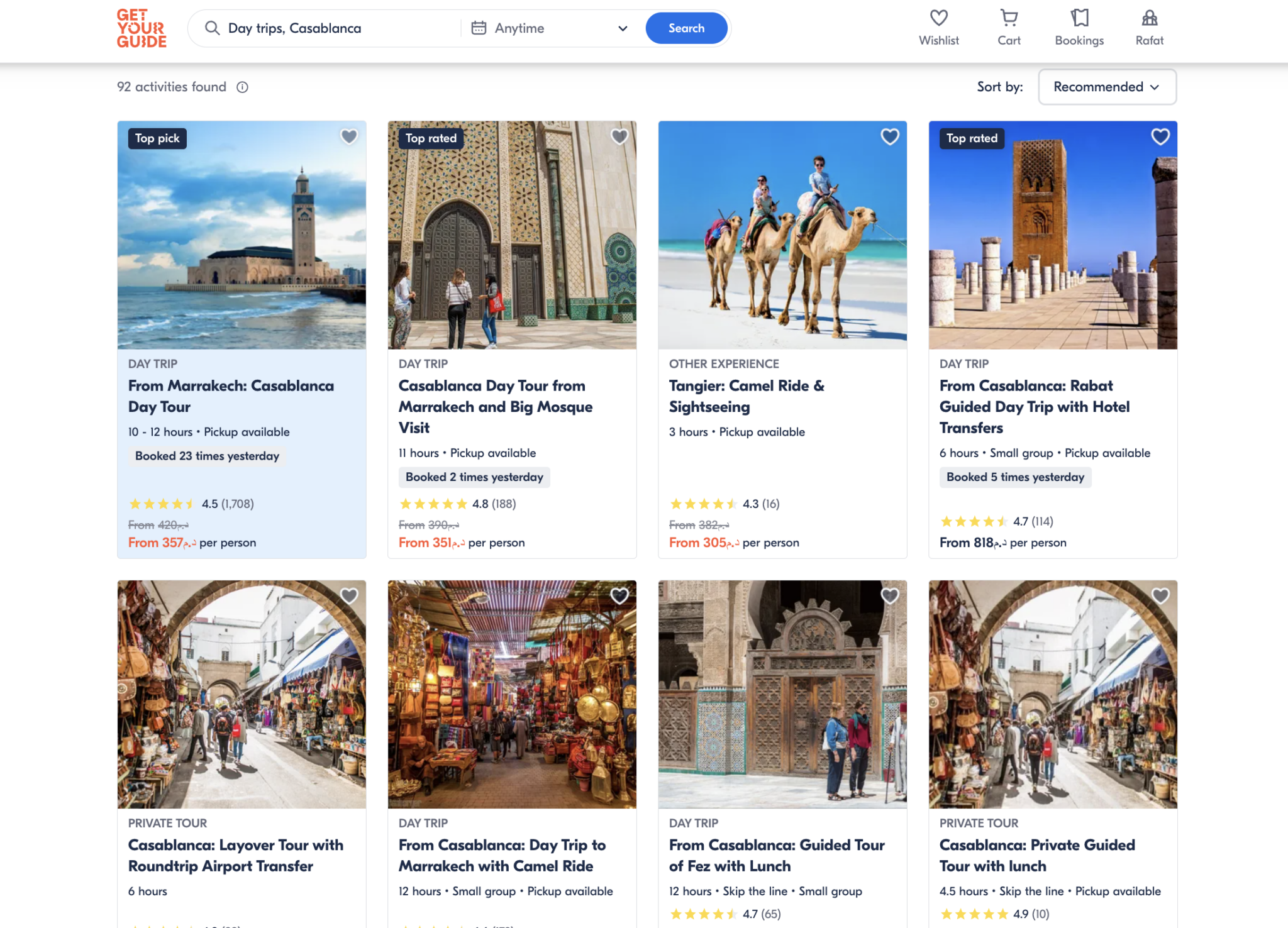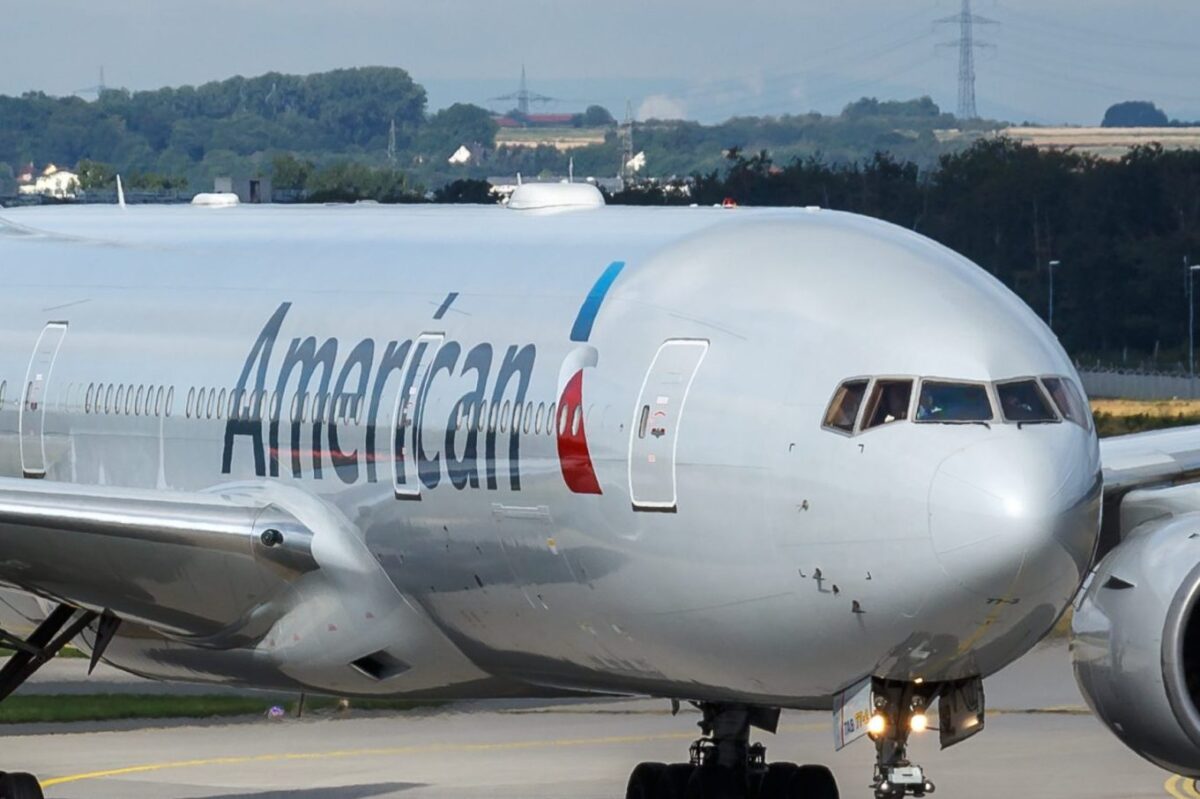Luxury Vacation Rentals Market Is Flying High

Skift Take
Remember the Skift 2023 megatrend forecasting that luxury hospitality will go a step further?
We’re barely a quarter into the year, and the luxury rental market from Phuket to Provence is blooming with lavender and gardenia.
In the U.S., the luxury segment would see both average daily rates and length of stay double by December 2023, compared to January 2022 — from $492 to $854. The average length of stay during the same period is projected to grow from an average 6.66 nights to 12.43 nights, according to short-term rental data provider KeyData.
Looking ahead, The global luxury sector in vacation rentals is expected to be valued at $82 billion by 2031, registering a growth of 13.1 percent this decade (2021-2031).
Vacation rental company Evolve announced in January that it will offer luxury and premium properties in partnership with Homes & Villas by Marriott Benvoy. And, London-based Onefinestay, which specializes in luxury private rentals, launched in New York City with 16 homes, as well as launched a luxury villa collection in Provence, France. There is also speculation that Airbnb is leaning into luxe.
More Is More
Across the pond, London-based hospitality and property management company Altido, which has properties ranging from student accommodations to luxury villas, has started segmented its inventory and launched its “Luxury Collection” earlier this year and will continue to add to it this year.
“Increasing average daily rates is the name of the game,” said Altido CEO William Parry. “We have always aimed to catch the higher-end of the market, which makes much more sense for the economics of the business.”
Altido’s average daily rates for luxury rentals has increased by 19 percent compared to the same time last year in the UK. Parry added that what property managers lose in occupancy, they make up for in higher rates. And during a recession, luxury vacation rentals often act as a shock absorber, in case of a dip in budget stays.
Merilee Karr, founder and CEO of London-based Under The Doormat Group, concurs with the trend but isn’t surprised by it.
“It’s not a surprise,” Karr said. “If anything, interest rates going up means that the wealthy are those who benefit from this, and have more cash to spend. That’s true both in cities and holiday destinations.”
Unique or “experiential stays” that are often old, family-owned estates or second homes owned by the wealthy may not serve as the primary income for owners, but in a downturn, upkeep can get expensive.
It’s Spelled “Rich-cession“
And there’s a reason for that.
When the world was fighting a pandemic, there was a new billionaire every 17 hours — making 2020 a record-setting year for the world’s wealthiest.
There were 500 new billionaires in 2021 with a net worth of at least a billion dollars. Even so, the cost of living extremely well index, calculated by Forbes, was up seven percent in 2022, it was still less than the consumer price index, which stood at 8.3 percent.
“We see both supply and demand are increasing in the luxury segment,” said Marcus Rader, co-founder and CEO of Hostaway, a vacation rental software and channel manager. “People who have the means for luxury travel and can work remotely have more money available for it.”
The median nightly rate for luxury rentals went up from $1473 to $1537 in 2022, as per Hostaway’s data, which predominantly covers the U.S. market. And so did occupancy rates and length of stay which rose by four percent and eight percent respectively. Saber Kordestanchi, co-founder of Hostaway, said that it’s unusual for all three parameters to rise.
“We usually see a dip in prices if occupancies and lengths of stay are up or vice versa. But in the luxury segment, all three are on the rise,” Kordestanchi said.
He also pointed out that some of the new destinations seeing a heavy concentration of luxury homes are the UAE, Mexico, Colombia, The United States of America, Caribbean islands, and New Zealand.
And Dustin Abney, CEO of Portoro, a property management company for premium vacation rentals, thinks this is just the beginning. He sees a lot of investors interested in buying second homes to serve exclusively as luxury rentals.
“People are buying expecting that prices will go up,” Abney said. “Investors are cash heavy because the market is down, and there are good deals we’ve seen come up, while rental demand is also high — this is drawing the interest among institutional investors who are building or buying to rent.”
Experience Over Expense
Investors, who are often also consumers, often define the trend. A beachfront property owned by a high networth individual who has outsourced its management, can top off high-end hotels’ hospitality with privacy, space and a personalised concierge service.
“It will be hard for [luxury vacation rentals] us to displace hotels in terms of inventory,” said Zachary Tombley, founder of Black Swan Holdings, which owns and operates apartment-style luxury accommodations. “But people are interested in having private spaces. They don’t want to pay a lot of money for small rooms, and shared amenities.”
This is probably why poolside cabanas at resorts are reportedly more expensive than rooms.
But history shows that even the luxury market is susceptible to a decline. Take the global personal luxury market for instance, which retreated nearly 10 percent from $172 billion in 2007 to bottom out at $157 billion in 2009, according to Bain’s luxury study.
Affluent spending is directly proportional to consumer sentiment — not how much money people have but, how much money they feel they have. And the steepest drop in consumer sentiment was among high-income consumers, a McKinsey study found. “A group that frequently traded up to more-expensive products and brands in 2020 and 2021 but that might soon moderate what it buys.”




